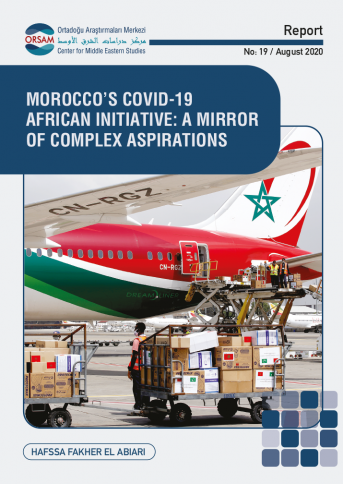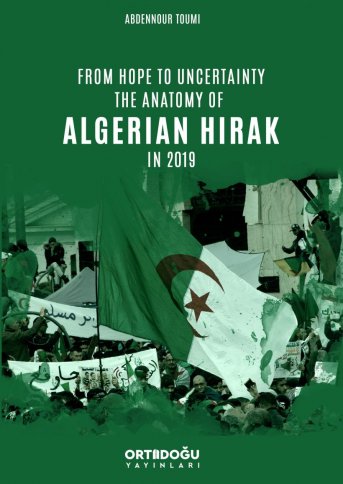
Morocco’s COVID-19 African Initiative: A Mirror of Complex Aspirations
In November 2019, China reported the first cases of COVID-19 infection within its territory. Since then, the pandemic, which made its first appearance in Wuhan, was transformed into a global security threat due to the interdependency of interests among nations. Morocco, a Maghreb country, was also affected by its geographic position at the crossroads between Europe and Africa and the Moroccan diaspora movement. In March 2020, the Ministry of Health officially declared the first cases of contamination with COVID-19. In the days that followed, Morocco initiated testing and tracing, suspended international flights and shipping, launched sensitization campaigns, and suspended public gatherings to prevent an exponential spread of the pandemic. Since then, the number of infected patients and deaths has been rising at regular increments, mainly due to the distinct contagiousness of COVID-19. In parallel, the health team has been able to balance the previous variables by continuously recording a significant number of cured patients.
Facing this healthcare crisis, Morocco adopted a multifaceted strategy to curb the consequences of COVID-19, touching upon the health sector, the economy, and the social sphere. Under the aegis of King Mohammed VI, nationwide mobilization of various actors has made Morocco’s fight against the pandemic efficient. In April, he urged his African counterparts to adopt a cooperative frame of operation against the pandemic.1 The monarch exposed his willingness to benefit his African allies with expertise and technology, mainly because the Economic Commission of the United Nations in Africa warned against the pandemic’s repercussions on the food-economy- stability nexus.2 So, Rabat enlarged its scope of action by providing medical aid to African countries. In June, the king gave instructions to send medical aid to 15 African countries.3 The support was comprised of preventive equipment, masks, disinfectants, and other pharmaceutical products. The African Union (AU), the Organization of Islamic Cooperation (OIC), and the Food and Agriculture Organization (FAO), all praised the actions of the latter for alleviating the impact of COVID-19 on the continent. During global crises, solidarity becomes a must among countries. In the case of Morocco, solidarity towards fellow countries in Africa raises probing questions on the motives that account for the Kingdom’s behavior. Indeed, the executive’s instructions put the country in a distinguished position compared to its neighbors, namely Algeria and Tunisia. This report deals with Morocco’s African foreign policy in the context of the COVID-19 crisis. Specifically, it scrutinizes the nexus between Rabat’s COVID-19 medical aid overseas and the achievement of various foreign policy goals. In the first section, the report tackles Morocco’s foreign policy goals under King Mohammed VI (r. 1999-present). In the second, it outlines the Kingdom’s strategy against COVID- 19 while focusing on the different sectors that have been mobilized. In the third, it sheds light on the intertwined variables that motivate Morocco to behave the way it currently does towards Africa.







